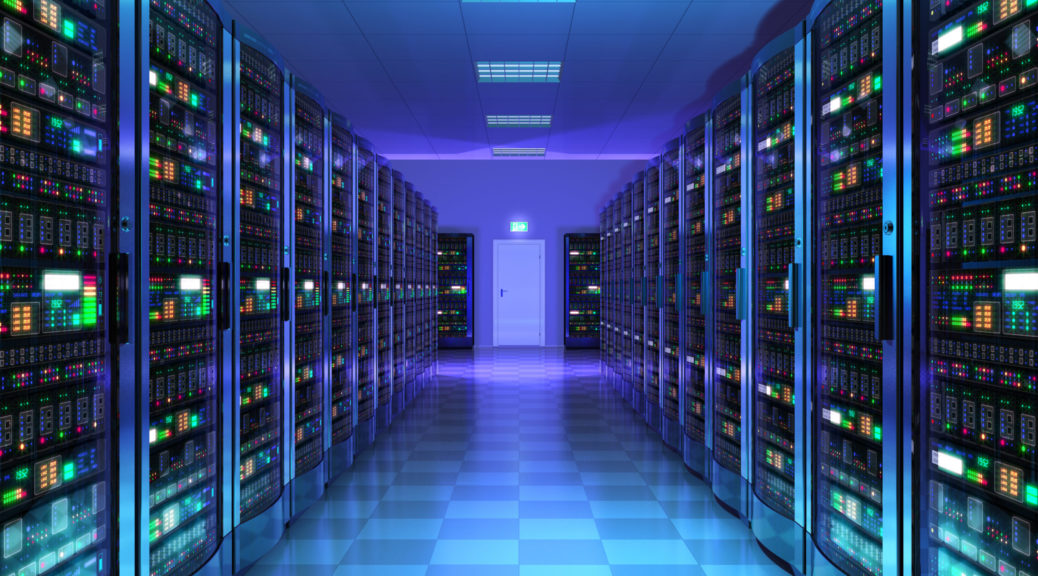Information protection in corporate networks is a set of measures to prevent corporate data leakage, personal data (PD) of employees and customers, and repel attacks on company resources. Modern protection methods include identification and authentication, differentiation of access rights and data access control, cryptography, and the creation of firewalls.
Why is data protection necessary?
Information protection in corporate systems is required:
For organizations and enterprises with a complex administrative and territorial structure: banks, retail chains, state and multinational companies, and industrial complexes.
- Enterprises of any level using cloud technologies, online cash registers, IP telephony, Internet banks, and electronic document management systems.
- The organization of procedures for the comprehensive protection of corporate information in the networks of large companies is complicated by the use of equipment of different generations and different manufacturers, various databases, and local area networks (LANs).
What is the Internet today?.. Millions of computers and servers are united in one extensive global network. Terabytes of information pass through the Internet every second: photos, files, personal messages, money transactions, etc. If the information is essential, then you can get money for it. And places, where you can quickly and effortlessly earn money attract intruders.
And suppose at the dawn of the development of the Internet in the 90s, a regular bank payment order could be sent by e-mail in an unencrypted letter today. In that case, such a letter may contain information changed by attackers for personal gain. Yes, methods of protecting data transmission are being improved, but the tools used by attackers do not standstill. However, the attack methods are always the same, as are the defense bottlenecks.
Comprehensive protection of corporate information
A modern system for protecting corporate data in networks must counteract accidental and deliberate attacks and internal and external sources of threat (aimed at data, programs, hardware, and supporting infrastructure).
Also, corporate data protection should not be interpreted solely as preventing unauthorized access by intruders. So often, professionals are tasked with:
When choosing a cloud service operator, virtual server (hosting provider) – monitor the server uptime (objectively, it cannot be equal to 100%, but for responsible decisions, there is a rule of 4 or 5 nines, i.e. server availability in 99.99% or 99.999% of the time), especially if stopping it (the server) can lead to serious losses.
Elimination of the consequences of technical failures, data loss in the event of man-made disasters, accidental or deliberate violation of the rules for operating the information system, when the estimated number of requests to the database, the throughput of communication channels, etc. are exceeded.
Elimination of configuration errors, network topology, failures of hardware or software modules, physical destruction (wear and tear) of the system hardware, etc.
However, the real problems are usually transparent and predictable. While hacking attempts, unauthorized access is potentially more dangerous and unpredictable.
How to choose data protection software?
When choosing software for data protection, pay attention to:
- Functional.
- Hardware requirements.
- Usability (ease of use).
- Ability to analyze HTTPS traffic.
- Work without agents;
- Integration with the organization’s existing antivirus.
- Built-in reporting.
- The ability to cut the Internet channel into strips.
- To be able to solve the tasks assigned to you.
Before implementation, deploy a test version of the product and test it on a limited circle of loyal users.

